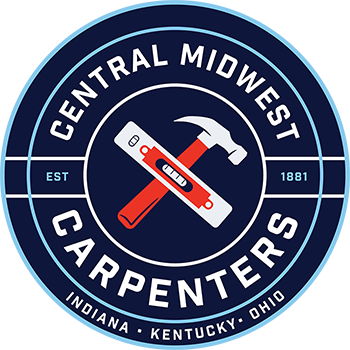Allying with carpenters against workers-comp premium cheaters
Workers-comp premium scams by employers may steal more money than bogus work injury claims. At least that’s what many experts say. And the problem could be growing. This is especially true in urban centers with deep underground economies.

Firms in the dangerous construction trades are among the largest offenders. The Coalition met recently with a new and unexpected anti-fraud ally: the United Brotherhood of Carpenters. It’s the voice of organized labor in the building trades. Premium-avoidance schemes leave workers exposed without state-required benefits. Federal, state and local governments also lose untold millions in unpaid taxes.
Shady businesses lowball their workforce and payroll size — two important factors in setting comp premiums. The firms misclassify workers as subcontractors, then pay them in cash under the table. A dishonest employer illegally can duck hundreds of thousands of dollars in workers-comp premiums and taxes in a year.
Workers also are cheated out of workers-comp benefits, wages, overtime, unemployment benefits and Social Security. Honest employers lose business because cheaters use the illicit savings to underbid them for contracts. And, workers comp insurers lose premiums.
The Coalition’s recent meeting with the carpenters union revealed disturbing examples of premium-avoidance schemes: A building at the University of Connecticut … Florida hospital … construction at the Atlanta airport … and a building at the Walter Reed military hospital complex in suburban Washington, D.C.
The carpenters’ proposals for comp insurers show how partnerships can help move anti-fraud efforts forward more decisively:
- Work together on best practices for conducting audits and investigations into premium-avoidance schemes;
- Adopt procedures to red-flag suspected premium fraud; and
- Cooperate with stakeholders on investigations.
Workers-comp insurers already do much of this, yet premium cons remain virulent. What’s needed is stepped-up alertness and action by all parties. This becomes a force-multiplier that identifies more schemes, and boosts the entire anti-fraud effort.
Fraud fighters and their allies must team up to educate state policymakers about stopping costly comp scams — premium avoidance and false injury claims. Fraud fighters can speed up progress by enlisting non-traditional allies such as the carpenters union. The more influential allies that join anti-fraud efforts, the stronger our efforts against comp scams will become.
Source: Fraud Wire
Graphic: Fraud Wire
Image: Bernard Pollack

